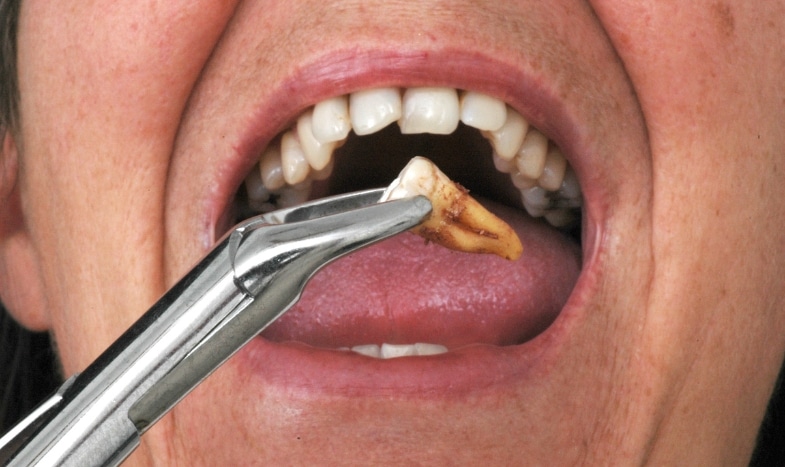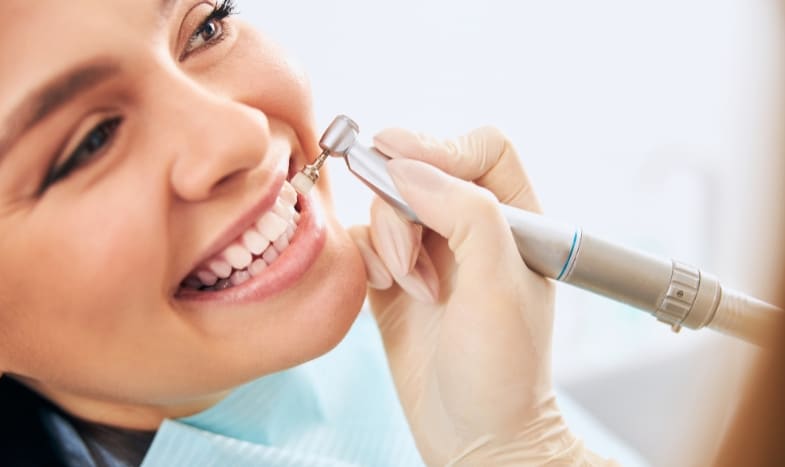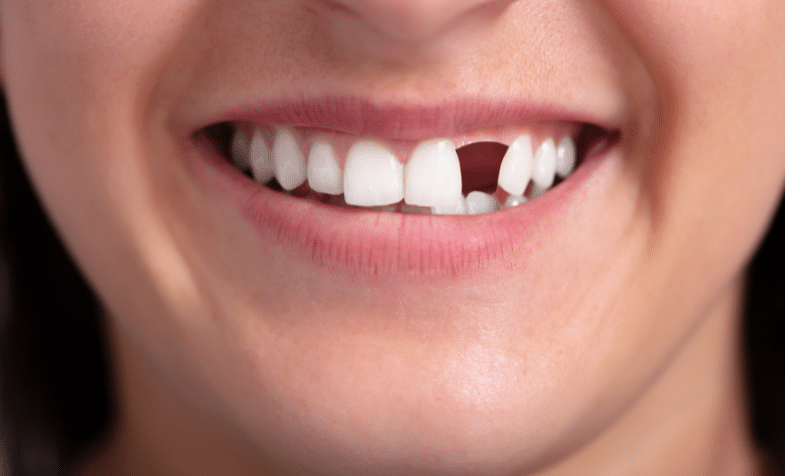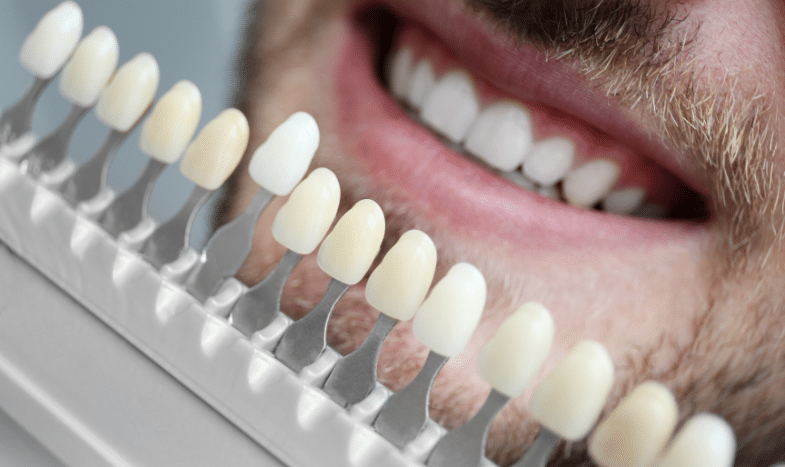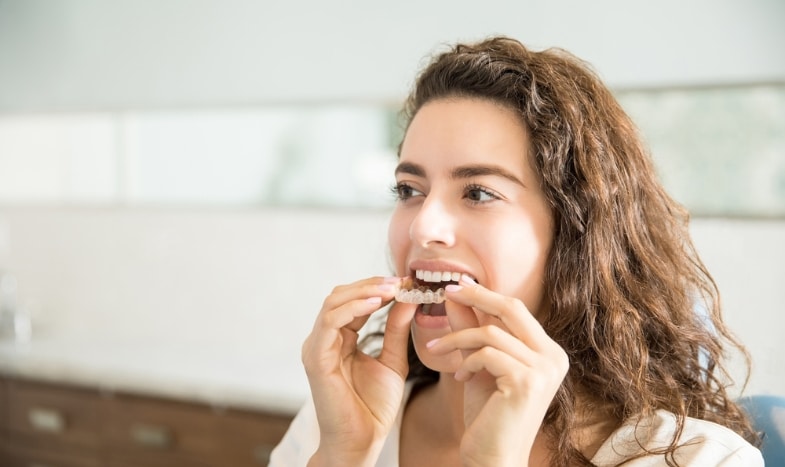
Unlocking the Benefits of Oral Appliances: A Comprehensive Guide
Do you suffer from snoring or sleep apnea? If so, you’re not alone. These common conditions affect millions of people worldwide and can have a major impact on your quality of life. Appliance therapy may be a helpful part of your treatment if you grind your teeth at night, have been diagnosed with obstructive sleep apnea, have bite problems, or have other problems with your jaw joints. In this comprehensive guide, we’ll explore the benefits of these devices, how they work, and the different types available to help you unlock better sleep and improved health! So sit back, relax, and let’s dive into the world of oral appliances!
What are Oral Appliances?
Oral appliances are custom-made devices that fit in your mouth to prevent snoring or treat sleep apnea. They work by positioning the jaw and tongue in a way that keeps the airway open during sleep, which can reduce or eliminate breathing problems.
These appliances come in different shapes and sizes, but they all share a common goal – to improve your breathing while you sleep. Some oral appliances resemble sports mouthguards, while others look more like retainers or dentures.
While there are over-the-counter options available for purchase on the market today, it is important to seek professional advice from your dentist before trying an oral appliance. A customized oral appliance is tailored specifically to your needs and will help ensure optimal results.
Oral appliances have proven effective for many people who suffer from snoring and mild-to-moderate obstructive sleep apnea. They offer a non-invasive treatment option with minimal side effects compared to other treatments such as surgery or medications.
How do Oral Appliances Work?
Oral appliances in Riverside work by repositioning the jaw and tongue to open up the airway, thereby reducing snoring or treating sleep apnea. The device is custom-made for each individual patient and fits comfortably in the mouth during sleep.
The design of oral appliances varies depending on the specific condition being treated. For example, mandibular advancement devices (MADs) keep the lower jaw in a slightly forward position to prevent it from collapsing backward during sleep. Tongue-retraining devices, on the other hand, hold your tongue in place to keep it from blocking your airway.
To ensure maximum effectiveness, patients must wear their oral appliance every night as directed by their dentist or physician. It’s also important to have regular check-ups with your healthcare provider to monitor any changes in symptoms or potential side effects.
While some people may experience immediate relief with an oral appliance, others may take time adjusting to wearing one during sleep. With patience and consistent use, however, many individuals find that oral appliances can significantly improve their quality of life by promoting better breathing and more restful sleep.
The Benefits of Oral Appliances
Oral appliances are a popular and effective solution for people who suffer from sleep apnea or snoring. The benefits of using oral appliances extend beyond just getting a good night’s rest.
One major benefit is that they can improve your overall health. Sleep apnea has been linked to high blood pressure, cardiovascular disease, and stroke. By treating sleep apnea with an oral appliance, you may reduce the risk of these serious health issues.
Oral appliances are also more convenient than other treatments like CPAP machines. They are small, portable, and easy to use which makes them ideal for travel. Unlike surgery or medication, there are no recovery times or side effects associated with oral appliance therapy.
In addition to improving your physical health, using an oral appliance can also have positive effects on your emotional well-being. Snoring and sleep apnea can affect relationships as partners may become frustrated by the noise or worried about their loved one’s health. By using an oral appliance to treat these conditions, you may be able to improve your personal relationships.
There are many benefits of using an oral appliance as a treatment for snoring and sleep apnea. From improving physical health to enhancing personal relationships – they offer a natural and convenient way to get quality restorative sleep every night!
Different Types of Oral Appliances
When it comes to oral appliances, there are various types available that cater to different needs and conditions. Here’s a breakdown of some common types:
1. Mandibular Advancement Devices (MADs) – These devices work by pushing the jaw forward, which helps open up the airway and reduce snoring.
2. Tongue Retaining Devices (TRDs) – TRDs hold the tongue in place while sleeping, preventing it from falling back and blocking the airway.
3. Palatal Expansion Appliances – These appliances help widen the upper palate, which can improve breathing and alleviate sleep apnea symptoms.
4. Maxillary Repositioning Devices (MRDs) – MRDs reposition the upper jaw to create more space in the airway, reducing snoring and sleep apnea.
5. Hybrid Oral Appliances – As suggested by their name, these devices combine the features of multiple oral appliances to provide comprehensive treatment for complex cases.
It’s important to note that not all oral appliances are suitable for everyone or every condition. Consult with your dentist or physician before using any type of oral appliance to ensure it is safe and effective for you specifically.
Conclusion
To sum up, oral appliances are an effective and non-invasive solution for people experiencing sleep apnea or snoring. These devices work by keeping the airway open, allowing for better airflow and improving breathing during sleep.
The benefits of oral appliances go beyond just treating sleep apnea and snoring. They can also improve overall health and quality of life by reducing the risk of serious health conditions such as heart disease, stroke, diabetes, and depression.
There are different types of oral appliances available to suit individual needs based on various factors like the severity of sleep apnea, facial anatomy, personal preferences, etc.
If you’re struggling with obstructive sleep apnea or chronic snoring issues that disrupt your daily life activities and affect your well-being in general – consult a dentist in Riverside or physician who specializes in dental/oral appliance therapy to get started with finding the right device for you.
